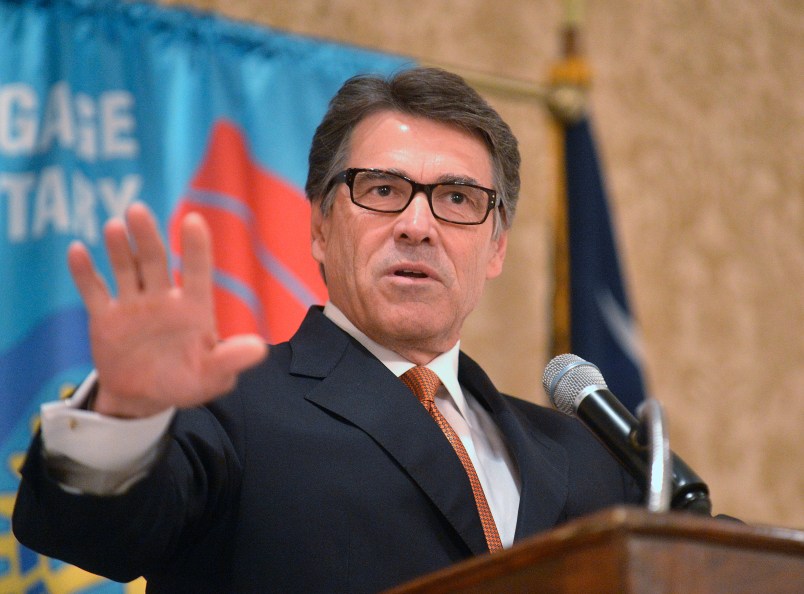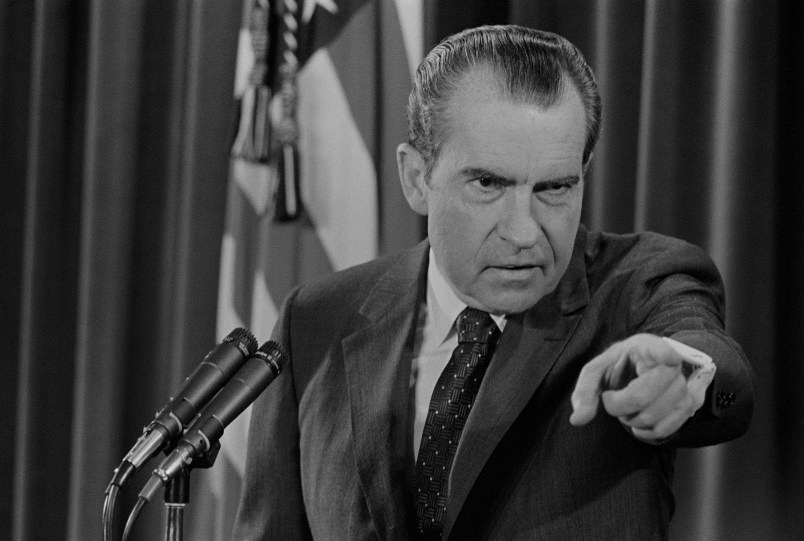Last week the President’s Council of Economic Advisers released a report detailing the serious health and economic harms caused by the 24 states that have turned down federal funding to expand Medicaid under the Affordable Care Act.
Due to the actions of those states, some 5.7 million Americans with incomes at or below 133 percent of the Federal Poverty Level are being denied access to affordable insurance.
What the President’s report didn’t emphasize is that people of color are disproportionally impacted. This is wreaking havoc not only on public health, our nation’s workforce, future global economic leadership, but also on our nation’s fundamental principles of equality.
Consider the Lone Star state, home to the highest uninsured rate in the country. According to data released by the U.S. Census Bureau’s Current Population Survey, nearly one in four Texans lacks health insurance coverage. According to the Urban Institute’s recent county-by-county estimation, Governor Rick Perry and the Texas state legislature had the opportunity to turn that troubling statistic around by accepting funding to expand Medicaid coverage for 1.3 million low-income adults. They rejected it.
Who are those most affected by these decisions? The hard truth is this: you can tell by looking at the demographics. Persons of color are disproportionately impacted by the decisions made by states to reject full participation in the Affordable Care Act.
Data from 2012, the latest available, shows that 15 percent of white, 21 percent of black and 37 percent of Hispanic Texans were without insurance. Nationally, the uninsured rates for blacks and Hispanics were 18 percent and 29 percent, respectively, while the rate for whites is much lower.
The lack of access to affordable health insurance for minority populations is a major public health concern. The rejection of Medicaid funding amplifies health disparities among racial and ethnic communities, and, in the long term, will increase morbidity and mortality rates in those communities.
According to the Centers for Disease Control and Prevention, nationally black and Hispanic people have worse health outcomes than their white counterparts on a wide range of measures including premature birth, infant mortality, obesity, diabetes, and early death.
Many of these costly conditions are preventable. Yet, uninsured people are unlikely to visit their doctor for a physical and often don’t seek out care until it’s too late.
Governor Perry’s expressed position is that “Medicaid is driving our national over a fiscal cliff.” But the opposite is true. Lack of access to insurance hurts family finances. Illness can cause workers to lose productive years. Undiagnosed or delayed diagnosis of preventable illness can raise the cost of treatment by many thousands of dollars. And workers who lose income due to health problems pay less in taxes and are not able to provide for their families.
Nationwide, more than 1 million people would be free from financial hardship, 1.4 million would have reliable access to clinic care, 651,000 people would receive needed care, and preventive care would be available for free for hundreds of thousands.
On top of that, Medicaid expansion under the Affordable Care Act would generate nearly 71,500 jobs in Texas in 2014, rising to 231,100 jobs in 2016. Many of these jobs would be in health care, an industry that pays well and provides good job security and benefits, including health insurance.
Small businesses are hurt, too. According to a report by the Kaiser Family Foundation, 48 percent of small business employers indicated that the cost of health insurance prevented them from offering it to employees. Small businesses suffer when uninsured employees become sick because they are more likely to be absent from work for a longer period of time. Uninsured low-wage workers who feel they cannot lose pay are more likely to attempt to go to work, which can expose other employees and customers to communicable illnesses when they are left untreated. Uninsured workers are also subject to frequent or prolonged absences to common but untreated conditions like asthma, diabetes, chronic allergies or the flu—forcing small businesses to invest in the recruitment and training of new employees.
All this costs the nation much more than providing low-income people with affordable health insurance.
Texas and other states across the country are neglecting the social contract. Government has an obligation to seek the best for our nation’s people, especially our nation’s children. Improved public health benefits all Americans, no matter who they are or where they are from.
Representative Sheila Jackson Lee represents Texas’ 18th Congressional District. Dr. Ling Zhu is an Assistant Professor of Political Science at the University of Houston and Co-Leader of the Scholars Strategy Network’s Texas chapter.









